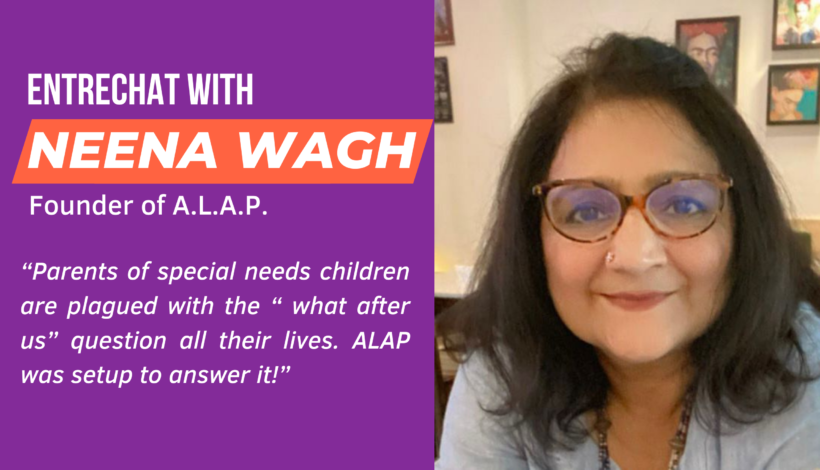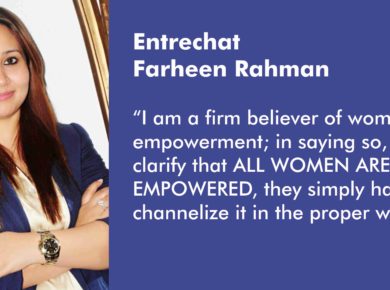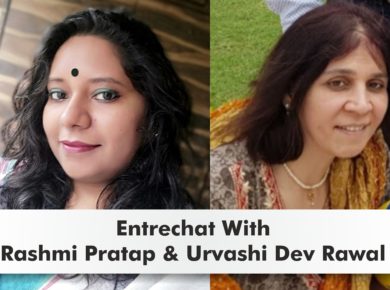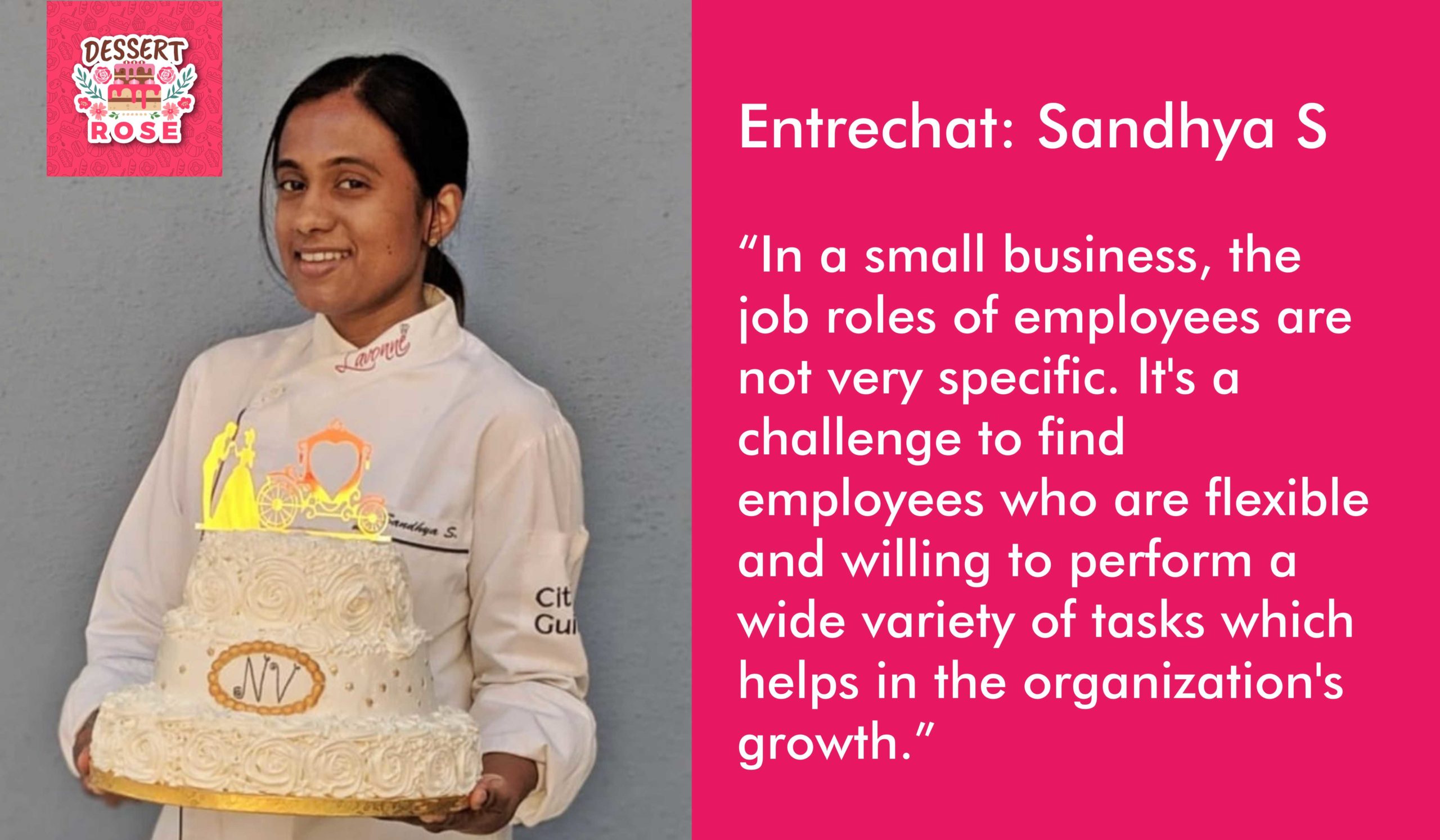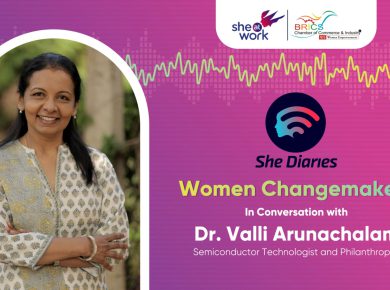“Disability need not be an obstacle to success.” – Stephen Hawking
Studies suggest that increasing the status and social and economic participation of people with disabilities does have positive effects on the society and nation alike. In fact, personally, I believe that disability is simply a state of mind- it is a part of the person, not the whole person! There have been people who, with a little support, have not let their disability hold them back them in any way. Today, on the International Day of Persons with Disabilities 2022, I, Poonam Sinha, have the honour of interacting with Ms. Neena Wagh, Founder of A.L.A.P. – (Assisted Living for Autistic Persons) – who strives to empower children with special needs and endows them with the courage and means to live a respectable life. A.L.A.P. is a second-home to children with special needs, which has a free – flowing environment devoid of strict regulations.
Quote- “Parents of special needs children are plagued with the “ what after us” question all their lives. ALAP was setup to answer it!”
Ques 1. What inspired you to tread the path of enabling and empowering?
I believe, the starting point for me was the birth of my son, Ammogh, who was diagnosed with Autism when he was all of two and a half years old. Caring for him brought about an awakening in me – I learnt to look beyond myself towards the needs of other parents with special needs children. Parents of special need children are plagued with the “ what after us” question all their lives. But no one seems to have the answer! My search for this answer led me to Dehradun, where I found a second-home-like set up for Ammogh, where he learnt to be independent while performing a number of daily tasks. From there, my mind conceived the idea of A.L.A.P. – a place where children would be cared for, loved unconditionally and taught skills to help them overcome routine challenges. I wished to create a set-up which would replicate home for them. So, I would say, my son inspired me to tread this path of enabling and empowering children with special needs. I knew it was time to rise another rung to become a provider from simply being a parent.
Presently, our aim is to provide lifelong care and create an environment wherein all the opportunities will be available for a young adult with Autism to learn and live with as much independence as he can with minimum assistance. We also aspire to promote an understanding of disability issues and mobilize support for the dignity, rights and well-being of persons with disabilities. Moreover, along with working on the ADL (activities of daily living) of these young adults, we also try to skill them according to their capabilities and interests. Moving forward, we are trying to loop in organizations who can employ these young adults and grant them financial stability as well.
Ques 2. What challenges did you face in this journey? How did you overcome them?
A.L.A.P did not happen overnight; it was a long journey before A.L.A.P came into being. Locating and bringing together people with the same thought-processes and sensibilities was indeed a challenge. Either we need to find the right set of people to support us or we can simply adopt the idea of ‘ekla cholo re’ (walk ahead alone). In my case my husband was a great source of support and we decided to take on this journey. Once the course is set, people begin following. So now, I have overcome these challenges.
Again, one cannot expect to voice their vision and expect someone else to translate it into reality – this belief has led me to walk the talk! Once I gained clarity about my vision and knew what I wanted to do, there was no looking back. I began practicing what I preached – from planning as to what the organization should look like, what it must cater to, to who can be a part of this second home as my support system- I have been there – done it all!
Ques 3. How important is it to sensitize staff members? What measures are taken in this direction?
Staff members are the backbone of every organization. They are indeed extensions of your vision – they reflect what you aspire to do. Hence, in my case, I believe, sensitizing staff members towards children with special needs is of utmost importance. Caring for children with Autism can be extremely demanding – my staff members have been trained to portray the kind of patience where they would never tire as care-givers. Since I have strived towards seamless capacity building in staff members, encouraging them to nurture the ‘never back out’ attitude in themselves, I believe I too need to reflect this attitude through my efforts. I wish to lead by example – thus, I try to put in my best as a care-giver, as a capacity builder and become the role model my staff members should follow.
Ques 4. Where do you see yourself 10 years down the line?
I see myself happily retired 10 years down the line! For next five years I will be working actively to stabilize this organization and reach many more milestones. Currently we have just finished the first leg of our journey – there is so much more to do, so much more to give! Moving ahead, after five years, I intend to look for people who can take over from me and run the place with passion and love. I will in the meantime always be a part of A.L.A.P. but in a more passive role. In those years I want to engage myself more in community outreach programs. Currently, also, I am mentoring a parent group from different cities who wish to set up help, awareness and skilling systems for children with special needs. I also have a Facebook page
(https://www.facebook.com/groups/1673856092897222/?ref=share_group_link) where I collate and share information about issues pertaining to care-giving for Autistic children. I talk to parents; there are series of interviews which allow a very realistic glimpse into the lives of special needs children and people associated with them. While I am securing my son, I wish to do the same for other special needs children as well!
Ques 5. That one piece of advice you would give other women who wish to follow your footsteps?
Women are natural nurturers. They are a source of soft strength. If you hope to leave the world feeling that your child will still be cared for, remember to do the same – care for other children as well. Nurture your ability to care, love unconditionally and put it to good use.
